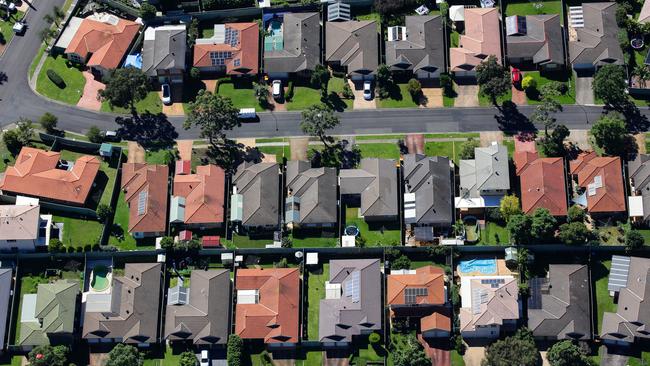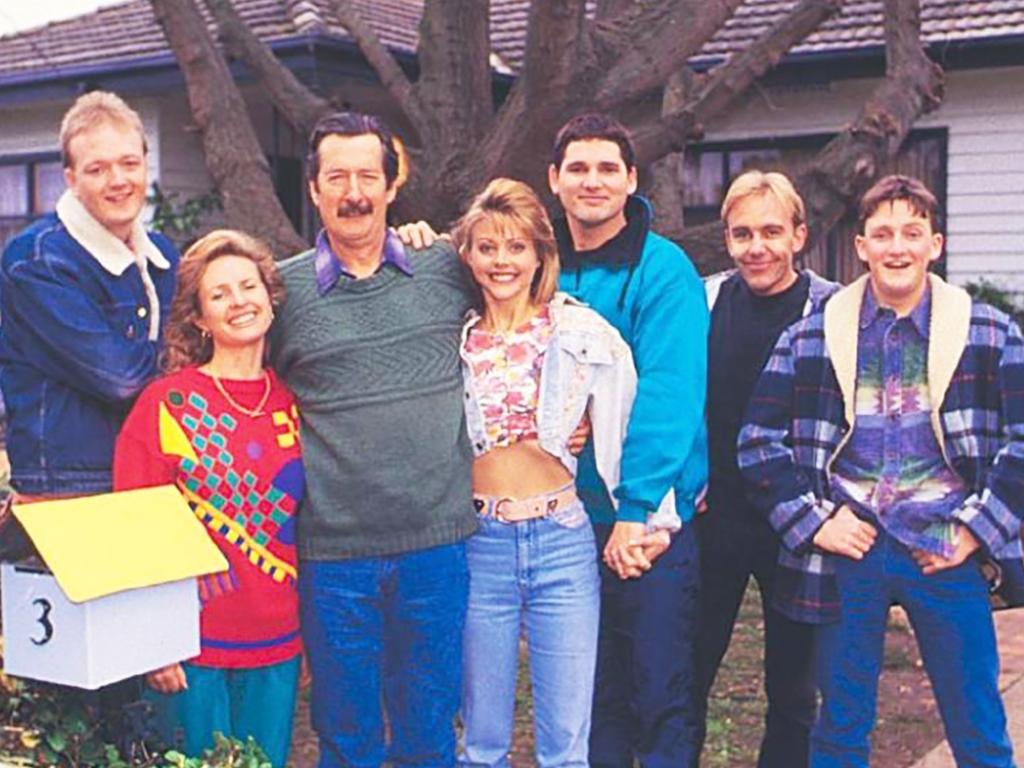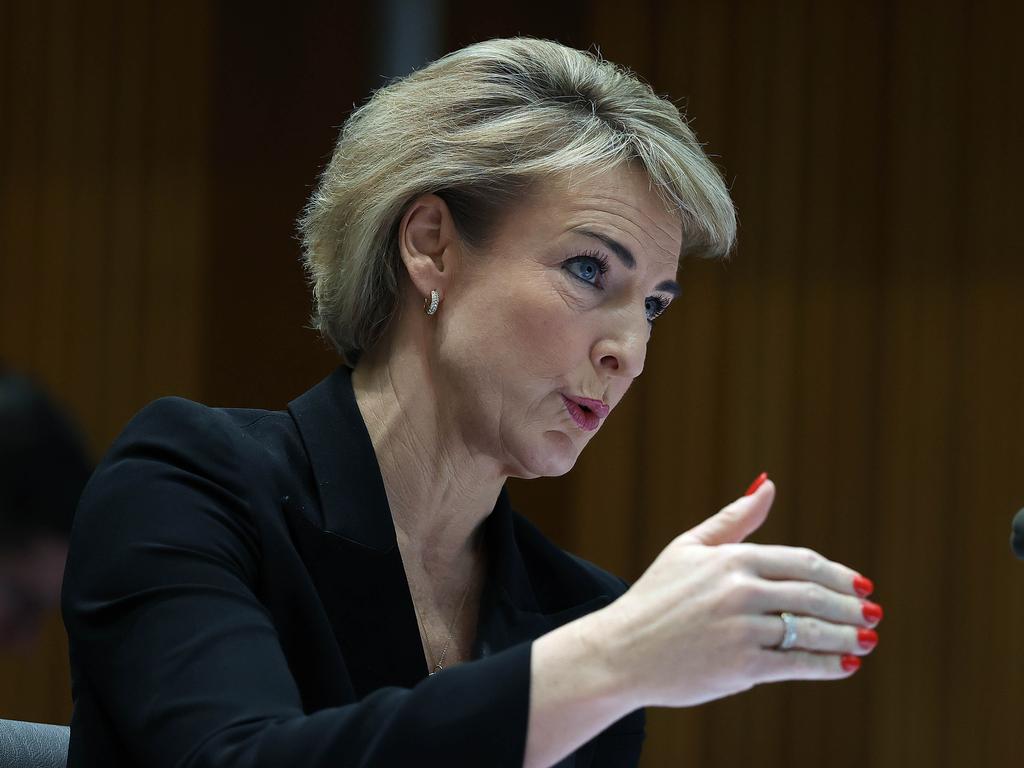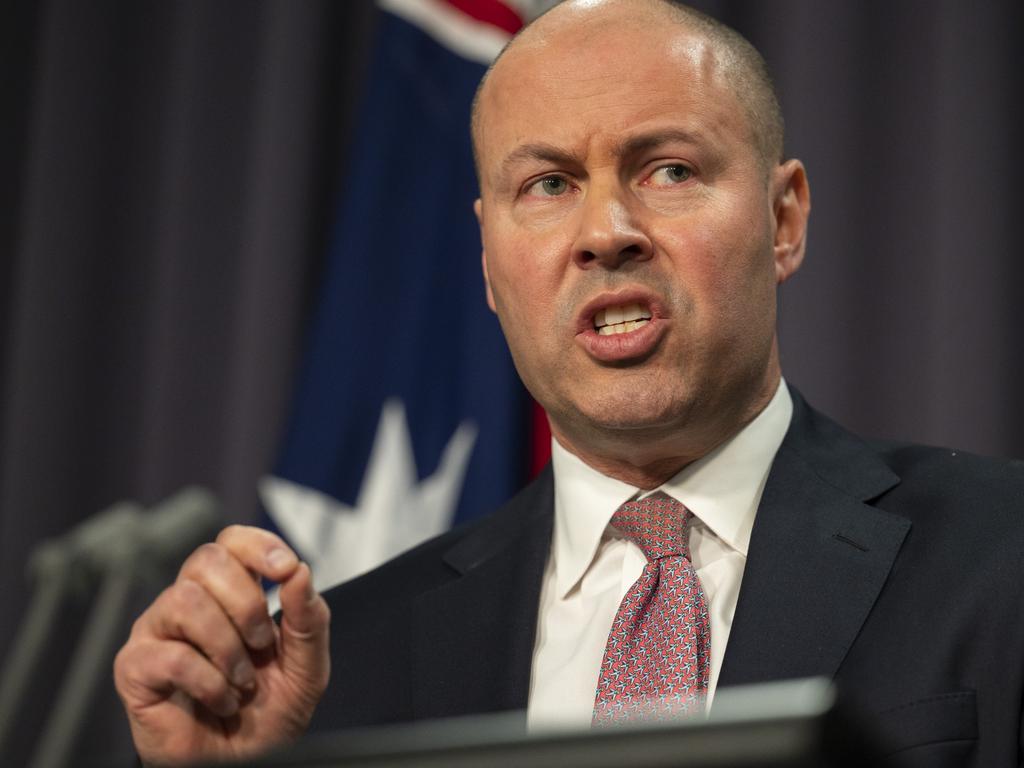
Immigration, they maintained, was absolutely necessary to keep up economic growth and to give Australia the skills we needed.
Well, a side effect of our pandemic-closed borders has been that immigration has virtually stopped for the past 18 months, so the Treasury doctrine has now been put to a practical test.
The result? At least in the absence of lockdowns, the economy has bounced back strongly despite zero immigration; there are indeed serious labour shortages but they’re for fruit pickers, restaurant staff and cleaners, not for people with university degrees; and, for the first time in a decade, wages are starting to grow strongly.
In other words, the official orthodoxy, that high immigration boosts growth without depressing wages, looks like being exposed as bunkum.
I’ve always been a supporter of immigration but at the level of about 100,000 new arrivals a year, the average of the Howard era; not at the 235,000 a year we’ve averaged since then.
It’s right that a country of immigrants should continue to give newcomers the chance our forebears had to build a new life in a land of peace and plenty. Still, to keep our country safe and prosperous, it was important that the focus be on skilled migrants when the economy really needed them.
Routinely bringing in a city the size of Canberra every 18 months, especially with economic growth sluggish post-global financial crisis, has always struck me as putting downward pressure on wages, upward pressure on housing prices, and massive congestion on to our roads and public transport, and pressure on hospitals and schools.
The reality of our immigration program has never matched the rhetoric about skills. As every Australian who has ever tried to book a tradie knows only too well, our real skills shortages are for plumbers, electricians, carpenters, welders, builders and mechanics, as well as aged-care workers and other service industries. We’re chronically short of people who can make things and who can make things happen.
We’re not short of accountants, lawyers, middle managers, and marketers. Yet it’s professional skills rather than practical ones that dominate the “strategic skill” list that largely determines the composition of the 80,000 or so (including their dependants) who enter annually as points-tested skilled migrants.
As demographer Bob Birrell has shown, based on the most recent census data, 84 per cent of degree-level migrants during the previous five years had come from non-English-speaking backgrounds and only 29 per cent of them were employed as professionals or managers, even though that was the rationale for granting them permanent residency.

Back in 1994, launching a book of essays, former prime minister Bob Hawke made the remarkably frank admission that immigration policy had effectively been a conspiracy by the political establishment against the Australian public. Hawke agreed with one author’s observation that most voters wanted immigration reduced and that the parties had deliberately kept it out of public debate, saying there had indeed been “an implicit pact between the major parties to implement broad policies on immigration that they know are not generally endorsed by the electorate” and that “they have done this by keeping the subject off the political agenda”.
In a recent speech, Reserve Bank governor Philip Lowe finally admitted the obvious: that the laws of supply and demand applied in the labour market and that, without immigration, wages would rise. Not only that, but employers might have to do their job properly and start training up their workers by taking on apprentices again. Hiring overseas workers, he said, “dilutes the upward pressure on wages” and could “dilute the incentive for businesses to train workers to do the required job”.
Conversely, he said, zero immigration with borders closed would mean “wages growth would pick up more quickly”.
Still, the institutional push behind ever-higher immigration is not to be underestimated. At least since the 1970s, the left has supported higher immigration, assuming more migrants would vote Labor and make Australia more multicultural and less culturally conservative (although that’s often not how it has turned out). Big business, too, has supported higher immigration because it meant more consumers and a bigger supply of labour. And lower immigration always risks what Labor finance minister Peter Walsh called a political backlash from the ethnic lobby.
Then there’s the Treasury line that a bigger population means a larger gross domestic product, even though whether it boosts GDP per person depends on the quality, rather than the quantity, of the intake.
While insisting immigration would improve the budgetary position overall, curiously, for a Treasury document, the recent Intergenerational Report also showed only skilled migrants were a net fiscal benefit and, overall, given the composition of the program, immigration was still a net fiscal drag. Yet it took it for granted, post-pandemic, that immigration would resume at the level of at least about a quarter million a year.
Took for granted? Hang on a minute. If lived reality is demonstrating a link between immigration and lower wages, shouldn’t there be a serious public debate before we restore the status quo given the negative pressure immigration puts on wages, housing and congestion? Shouldn’t leaders on both sides of politics level with us about whether we really want wages to be lower than they otherwise would be because more newcomers are in the market for jobs? And it’s certainly not anti-migrant, let alone racist, to question whether migration always needs to be as high as in recent years, because recent migrants are often the most vulnerable people in the job market.
Governments’ tendency to keep people in the dark has been on full display throughout this pandemic. Vast sums of taxpayer money have been spent and unprecedented restrictions on liberty have been ordered on the basis of health advice that has never been published. The message of leaders to voters has been: “Stay at home, do nothing and wait for our instructions.”
I think the passivity of our citizens has just about reached its limit and any government intending to restore immigration levels without asking the public first may be shocked by the backlash.
With the borders closed, we have a rare moment in history to have a proper debate about the future size of this country and the migrant skills mix before we just resume business as usual. It’s no coincidence that there’s a government report or plan on almost every aspect of life, yet Australia is without a nationally agreed population plan. That should tell you everything about what they don’t want you to know. And why no debate is encouraged.
Peta Credlin is the host of Credlin on Sky News, 6pm weeknights.








One of the things that bothered me most in government was the insistence by Treasury officials that there was virtually no downside to ongoing high immigration.